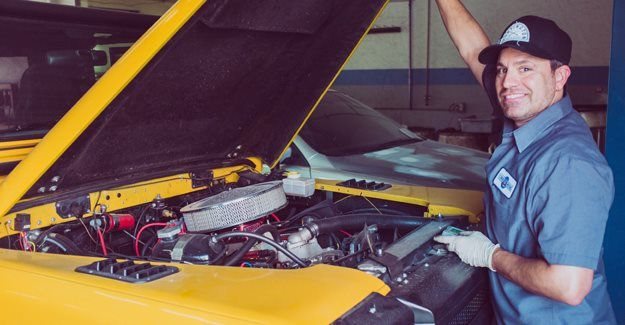Dewald Ranft, chairman of the Motor Industry Workshop Association (Miwa), says car owners don't always understand the difference between an estimate and a quote, which can lead to misunderstandings between a mechanic and the car owner. Repairing a car can be a costly exercise so it's always helpful to know what you are in for before the repair work begins.

Photo by NeONBRAND on Unsplash
Ranft explains that a quote is essentially determining the exact monetary cost of selling, repairing, and servicing a vehicle when the car has certain pre-defined services and repairs.
An estimate on the other hand is determining the possible cost when unknown factors are evident, probably due to a hidden or unseen environment such as the internal components of an engine. Importantly, an estimate should always be followed by a quote – a final document determining the cost to the car owner.
It’s important to realise that in some cases it is very difficult or near impossible for a mechanic to look at a vehicle and know exactly what the problem is, how much it will cost to repair, and how long the process will take. For example, when a non-starting vehicle is towed into the workshop and the car owner needs to get the vehicle running again, the first thing the workshop will do is give you a quote on the non-starting problem.
“Remember, the car cannot be test driven before the quote is accepted. After the car is started for the first time, only then can the technician start finding out what the problem is. For example, the mechanic may find that the car has a misfire. He or she then finds that an ignition coil is also faulty and needs to be replaced. This fault could only be quoted on if the car was running and must be seen as an extra,” explains Ranft.
The mechanic needs time and scope to ascertain any hidden or latent defects before an official quote can be drawn up.
“These 'quote-to-quote' situations generally occur where the diagnosis is dependent on work being performed which the consumer may, or may not authorise. This often involves the use of diagnostic equipment and labour, for which the consumer is liable to pay, even if they do not end up accepting the final quote for the actual repairs,” says Ranft.
While these concepts may appear simple, Ranft says misunderstandings can result in heated arguments.
“Once a quotation is given, no matter what may transpire thereafter, the consumer has every right to hold the mechanic to the quoted amount. Any additional work remotely related to the repair will be accepted as being part and parcel of the quotation.
"It’s therefore very important that details of the quote are clear at the inception and time is taken to explain the quote in detail and make note of the ‘might happen’ scenario so that the car owner is well aware of the details.”
He believes it is essential to get all parties to sign the quote ahead of any repair work being done.
“Should any additional work be required, the mechanic should contact the car owner, make a note of the time of contact and get a corroborating signature from a member of staff in the case of a telephonic conversation,” concludes Ranft.








































